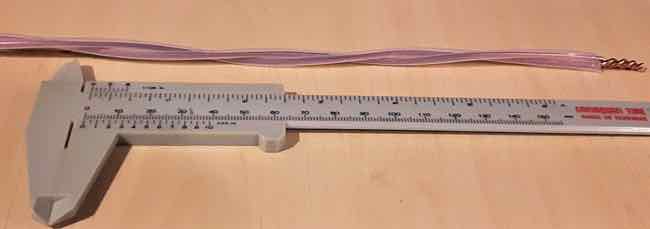@jay73 - ditch those little plates that couple the terminals and replace them with real copper wire.
- Make each jumper 20" long
- make each jumper from 2 strands of solid UP-OCC copper wire
- 16 gauge or 14 gauge will suffice
- use some sort of copper terminal i.e. spade or banana
You could even try Romex - it should work better than those plates
You should hear a noticeable improvement and it should not matter which terminals you connect the cables to.
Those little jumpers are very often made form brass or a copper alloy and they degrade the signal
Hope that helps - Steve


